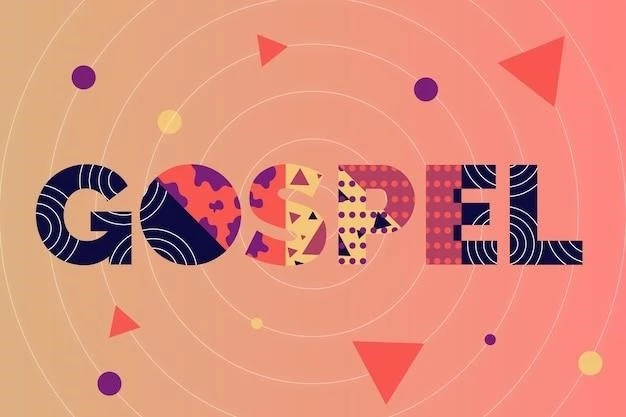The Unexpected Origin of “Goodbye” ─ My Personal Etymological Journey
As a language enthusiast‚ I’ve always been captivated by the hidden stories behind the words we use so casually. Recently‚ the simple act of bidding farewell sent me down a rabbit hole of linguistic intrigue. “Goodbye‚” a word woven into the fabric of our daily interactions‚ holds a surprisingly profound origin story.
A Chance Encounter with Etymology
It all began with a casual conversation with a friend. We were parting ways‚ and as I uttered the customary “goodbye‚” a thought struck me: Where did this word come from? It felt so natural‚ so ingrained in my vocabulary‚ that I’d never stopped to question its roots.
Driven by curiosity‚ I dove headfirst into the world of etymology. Armed with my trusty online dictionary and a thirst for linguistic knowledge‚ I embarked on a journey to uncover the hidden depths of “goodbye.”
Unveiling the Divine Connection
To my surprise‚ “goodbye” wasn’t always the secular farewell it is today. In fact‚ its origins are deeply rooted in religious sentiment. As I delved deeper into its etymology‚ I discovered that “goodbye” is a contraction of the phrase “God be with ye.”
This revelation struck me with a sense of awe. The simple act of saying “goodbye” was once akin to bestowing a blessing upon someone‚ a wish for divine protection and guidance on their journey. It was a tangible reminder of the historical context in which language evolves‚ reflecting the beliefs and values of past generations.

From “God Be With Ye” to “Goodbye”
The transformation from “God be with ye” to “goodbye” is a testament to the dynamic nature of language. Over time‚ this pious phrase underwent a series of linguistic contractions and shifts:
- God be with ye: The original phrase‚ commonly used in Middle English.
- God b’w’ ye: An early contraction‚ reflecting the tendency to shorten common phrases.
- Godbwye: A further contraction‚ merging the words together.
- Good-bye: The emergence of the modern spelling‚ influenced by the positive connotation of “good.”
- Goodbye: The final‚ most common spelling we use today.
This gradual evolution highlights how language adapts to the changing times‚ reflecting shifts in societal norms and linguistic preferences.

A Personal Reflection on Language and History
My etymological exploration of “goodbye” was more than just a linguistic exercise. It was a journey through time‚ revealing the interconnectedness of language‚ history‚ and culture. It made me realize that even the simplest words we utter carry with them the weight of centuries‚ their meanings shaped by the beliefs and experiences of those who came before us.
Next time you say “goodbye‚” take a moment to appreciate the hidden depth behind this seemingly simple word. It’s a reminder that language is a living‚ breathing entity‚ constantly evolving and reflecting the ever-changing tapestry of human experience.










